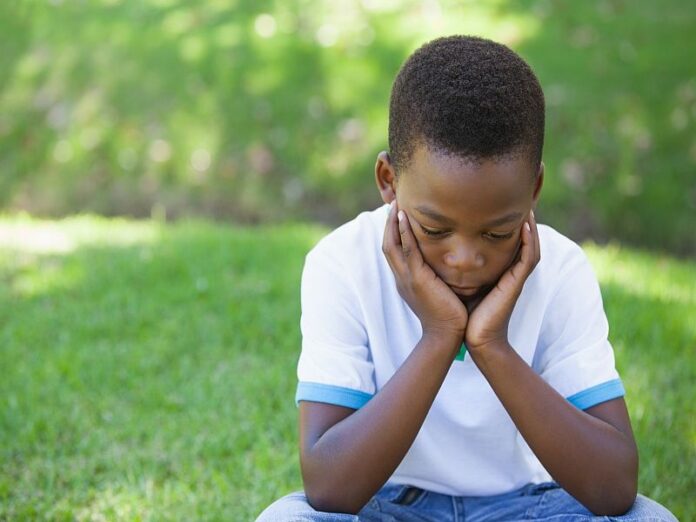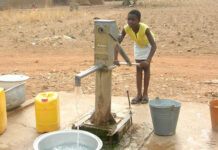By Kovedzayi Takawira
The phenomenon of children living on the streets is not something new, nor is it restricted to certain areas. The United Nations reports that an estimated 150 million children live on the streets worldwide today.
In Zimbabwe, no proper census has been conducted on people living on the streets as they are often neglected and are not covered in many programs.
Health and Child Care Parliamentary Portfolio Committee chairperson, Dr. Ruth Labode castigated the government for failing to take care of the citizens who are living on the streets.
“How can we take care of people living in the street when the government is failing to care for those in the homes,” she said.
Broken down families, domestic violence, economic hardships, and drug and alcohol abuse have led most children to flood the streets of most towns including Harare.
To survive, one has to beg and scavenge for a meal but this often leads to rampant exploitation and abuse.
The streets have not been friendly to everyone as begging does not guarantee a meal. As the economic situation in Zimbabwe continues to worsen and people rarely give hand-outs, those living on the streets find themselves at the receiving end of their unfortunate situation.
Despite the glamour and the glitter that many see in most cities, they are jungles for those who have come to make the streets their homes. T
he fittest enjoy the best of the left-overs that are thrown in bins during the day, while young girls and boys alike have to pay for food and security with their bodies as they become prey for sex starved older inhabitants of the streets during the night.
Nyasha (16) has been living on the streets for almost six years and the streets have never been friendly to her. To survive she has resorted to finding safety in the arms of older street boys since she was 14 years.
She does not go around begging or collecting empty bottles as her boyfriend makes sure that she gets food and protects her from other boys.
At a tunnel under a jacaranda tree at Corner Julius Nyerere Way and Charter Road, Kwa Baba Harare, is a place she calls home. She wakes up around 10 am, and bathes using the water that flows from the tunnel they sleep in with her “husband”.
“I stay here with my boyfriend who takes care of me, and all I have to do is to meet his sexual desires.
“I tried to beg but the streets are not that easy. You can’t just go around begging, these streets are owned by the older boys and their gangs. In the advent of the Covid-19, the situation has worsened and soup kitchens are no longer available. Although they would avail themselves once a week, we knew we would get something fresh to eat,” she said
In March 2020 Zimbabwe underwent a Covid 19 lockdown that disrupted a number of businesses, bars were closed, most charitable organizations that used to give food to street kids had to put on hold most of their programs.
“When bars were still operating, we used to resort to Liz Bar and try prostitution. We were not allowed to get inside but we knew we would get clients here and there from outside,” said Nyasha
Nyasha says that her worst fear is to bring up a child on the streets so they have agreed to protect themselves, hence her boyfriend always brings in condoms to use whenever they are being intimate.
“There are various social workers that usually pass by distributing condoms to us, and we always stock them, if they don’t come during the week we usually go to the New Start Center, a testing and counselling centre, to get some as they are usually distributed for free,” she added.
For Rudo Mhondiwa (17) it’s a different case altogether. She looks for her own food but is not at the mercy of sexual exploitation.
“I do not want to lie at some point, an older man with a Fortuner approached me and asked to have sex with me. Things were not well with me at the time. I agreed, he took me to a lodge in the Avenues and demanded unprotected sex, after the act he gave me US$50.
“However, after a few days my private part was itchy and my sisters advised me to go to the clinic. Gogo helped me with herbal remedies and in a few days I was okay,” she said.
Sexual Health Reproductive Africa Trust (SHRAT), social worker Tinotenda Marimo urged the government to provide mobile clinics for the people living on the streets.
“Government should come up with a mobile clinic to treat people living in the streets and provide them with SRH services.
“Currently, condoms are being traded as currency as the majority of the areas where they must collect them like ordinary citizens, currently need Covid-19 vaccination cards and certificates,” added Marimo.
Dr Labode also criticized various community leaders who do not support parliamentarians when they come out to make legislation as they snub Parliament public hearings that play a role in the crafting of legislation in Zimbabwe
“We have been trying to lobby people to come for public hearings so that they can amend the public health act that says every child should be escorted to the clinic but the church and traditional leaders have been snubbing these hearings, so there is nothing the parliament can do”
“We as a parliament committee can’t force the public to attend these hearings but we are now going back to the drawing board so we can map the way forward,” she said.
As the situation stands, no one cares for children living on the streets. Government and people in authority have also neglected the people who suffer on the streets amid calls for action to assist these vulnerable members of the Zimbabwean community.










